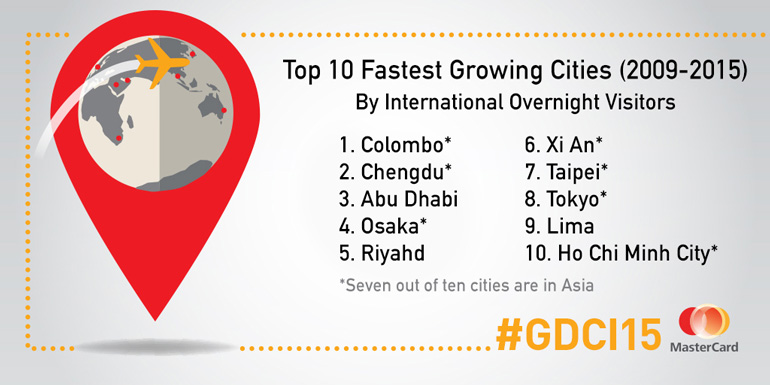Sri Lankan shares closed steady in thin trade on Friday led by market heavyweight John Keells Holdings Plc, rising from a six-week low hit the previous session, but concerns over political uncertainty before elections to parliament hit sentiment.
President Maithripala Sirisena's government has said it would dissolve parliament once some crucial reform bills are passed, but has yet to fix a date for the election.
The main stock index ended 0.03 percent higher at 7,122.73, edging up from its lowest close since April 23 hit on Thursday.
"The market is very slow with the political uncertainty. This trend will continue till the elections are over," said Dimantha Mathew, research manager at First Capital Equities (Pvt) Ltd.
"Keells bounced back today on the lack of foreign selling after heavy selling we have seen last few days."
Analysts said foreign investors sold shares amid expectations the U.S. would hike key interest rates sooner than later.
Foreign investors were however net buyers on Friday for the first time in three sessions, buying 22.9 million rupees ($171,023.15) worth of shares after offloading a net 1.55 billion rupees worth shares in the past eight sessions.
The bourse, however, has seen net inflows of 4.38 billion rupees in equities so far this year.
Despite political uncertainty, stockbrokers said better corporate earnings would help the market gain.
Turnover was 517.7 million rupees, the lowest since April 20 and less than half this year's daily average of about 1.12 billion rupees.
Political uncertainty has been a drag on the market, though the trend reversed after the central bank cut key monetary policy rates to record lows on April 15.
On Friday, losses in Ceylon Tobacco Company Plc, which fell 1.37 percent, were outpaced by gains in conglomerate John Keells Holdings which rose 2.09 percent, helping the overall index end steady.
President Maithripala Sirisena's government has said it would dissolve parliament once some crucial reform bills are passed, but has yet to fix a date for the election.
The main stock index ended 0.03 percent higher at 7,122.73, edging up from its lowest close since April 23 hit on Thursday.
"The market is very slow with the political uncertainty. This trend will continue till the elections are over," said Dimantha Mathew, research manager at First Capital Equities (Pvt) Ltd.
"Keells bounced back today on the lack of foreign selling after heavy selling we have seen last few days."
Analysts said foreign investors sold shares amid expectations the U.S. would hike key interest rates sooner than later.
Foreign investors were however net buyers on Friday for the first time in three sessions, buying 22.9 million rupees ($171,023.15) worth of shares after offloading a net 1.55 billion rupees worth shares in the past eight sessions.
The bourse, however, has seen net inflows of 4.38 billion rupees in equities so far this year.
Despite political uncertainty, stockbrokers said better corporate earnings would help the market gain.
Turnover was 517.7 million rupees, the lowest since April 20 and less than half this year's daily average of about 1.12 billion rupees.
Political uncertainty has been a drag on the market, though the trend reversed after the central bank cut key monetary policy rates to record lows on April 15.
On Friday, losses in Ceylon Tobacco Company Plc, which fell 1.37 percent, were outpaced by gains in conglomerate John Keells Holdings which rose 2.09 percent, helping the overall index end steady.
($1 = 133.9000 Sri Lankan rupees)
(Reporting by Ranga Sirilal; Editing by Biju Dwarakanath)
